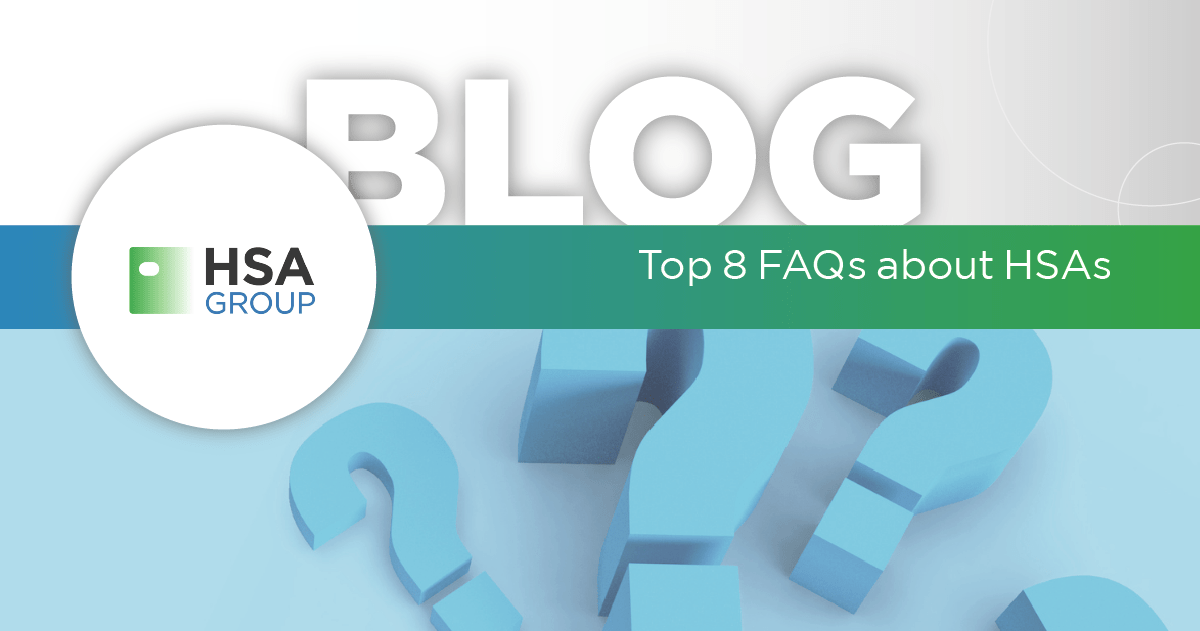A health spending account or HSA is a tax-free alternative or supplement to a traditional benefit plan. An HSA covers a wide range of medical expenses while also giving employers and employees financial flexibility, in accordance with Canada Revenue Agency regulations.
Here is a list of the top eight frequently asked questions about health spending accounts. It includes information on eligibility, claims, insurance comparisons, advantages of an HSA, and more.
1. What Are The Advantages Of A Health Spending Account?
A health spending account adds significant value and flexibility to your health plan options and offers numerous benefits. The primary advantage is that it allows pre-tax dollars to be used to pay for eligible health-related expenses. Regardless of your tax bracket, you can save a lot of money by paying for health care through your health sending account with pre-tax dollars. In addition, an HSA allows you to cover a much broader range of medical and dental benefits than are covered by your core benefit plan. Allowing you to contribute to medical and dental premiums, co-insurance amounts, deductibles, and any other eligible medical expenses not fully covered by your core benefit plan.
2. How Does An HSA Compare To A Traditional Health Insurance Plan?
A health spending account has several advantages over a traditional health insurance plan. Premiums, spending eligibility, coverage, convenience of use, deductibles, and claims are just a few of the benefits of an HSA.
3. Who Is Eligible To Use An HSA?
Your benefit limit will cover you and any eligible dependents who are listed on the plan provided by your employer. As an employer, if you are incorporated, paying taxes and have medical expenses, you can take advantage of an HSA for yourself. And, if you have employees, you can offer an allocated amount to an HSA for each of them as well.
4. Who Is Classified As A Dependent On A Health Spending Account?
Generally, dependents are either your spouse or your dependent children. Children are covered until they reach the age of 21, and if they are enrolled in full-time post-secondary education, they are covered until they reach the age of 25. Dependents who are disabled can stay past the age of 25, but you must fill out a T2201 Form. *talk with your employer today to see who qualifies as a dependent on your HSA Plan*
5. How Will A Health Spending Account Help Me Save Money?
Every dollar you keep in your pocket is valuable. Many people have a young family, so their HSA is used to cover not only their own health care expenses, but also those of their entire family. Many people have spouses who may or may not have health insurance, so HSAs are frequently used to avoid any out-of-pocket expenses, no matter the situation.
6. What Expenses Are Eligible Under An HSA?
As a medical expense, you can deduct any item or service that is allowed under the Income Tax Act of Canada Your HSA can be used to cover any unpaid balances or expenses not covered by your other benefit plans (including government plans, your group benefits plan, and, if applicable, your spouse’s group benefits plans). Among those on the list are:
- Dental
- Vision
- Premiums (premium paid to a non-government medical or hospital care plan. Ex. Blue Cross, Manulife Flexcare, Sun Life Affinity)
- Medicine (any medicine or drug purchased, prescribed by a physician or dentist and recorded by a licenced pharmacist).
You can see a full list of CRA-eligible expenses here.
7. What Happens If I Don’t Use The Entire Amount Allotted To Me In My HSA During The Plan Year?
Generally, benefit providers have the option to reset or rollover benefits
Reset: The benefit limit must be used within a given plan’s year or the benefit is forfeited under this option. The forfeited amount is not received or retained by HSA.
Rollover: This is the portion of the benefit limit that has not been used that will be carried over to the next plan year. The carried-forward amount must be used within 12 months.
However, each HSA Plan varies from employer to employer. Review your package with you provider to get more information.
8. Can I Go Back In Time With My Medical Receipts and Still Be Eligible?
The date of the transaction is used to compare medical eligible expenses to your eligibility criteria. Within a given plan year, your employer defines the eligibility criteria. You may file a claim for a medical expense incurred at any time during the previous plan year, as determined by your employer, and as long as you have a sufficient amount of benefit available in the plan year. You are not eligible to make a claim for any expenses incurred prior to the date you became eligible for the Plan. If your receipt is dated before your plan eligibility date, it will be rejected because you were not eligible for the Plan at the time you incurred the expense.
Conclusion
A health spending account can cover a wide range of routine and costly medical expenses while simultaneously providing an array of benefits. While answering these top eight frequently asked questions, HSA Group has created a FAQ Page with more answers to related to your HSA questions.
Contact HSA Group today if you’re:




